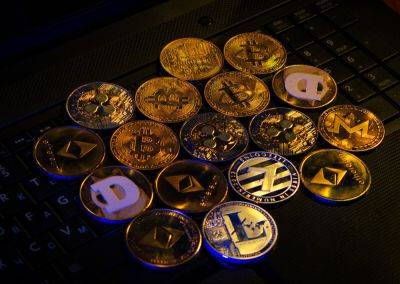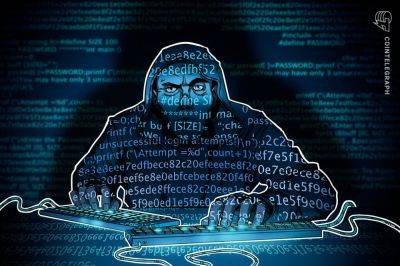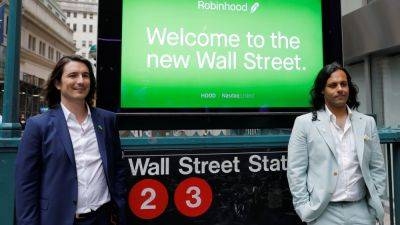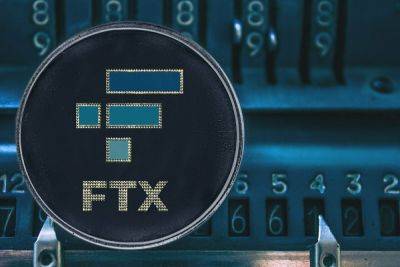HSBC trialing quantum-safe financial transaction network in the UK
London–based HSBC, the eighth-largest bank in the world, will conduct a series of trials and experiments utitlizing quantum encryption technology in collaboration with Amazon Web Services, BT and Toshiba.
HSBC is the first bank to commit to trials on the new quantum “metro” network, a secure transaction system that utilizes unbreakable encryption to secure transactions via quantum cryptography.
Developed by Toshiba in partnership with telecom giant BT, the quantum metro network is designed to allow unconditionally secure transactions between institutions. HSBC will trial several use cases on the network, including financial transactions, video calls and edge computing.
One of the key quantum tech uses HSBC will experiment with is called “quantum key distribution” (QKD). This is essentially the secret sauce that allows two parties separated by distance to send information to one another in a secure manner.
QKDs are one-off encryption keys generated for both parties at the same time. Thanks to what Albert Einstein deemed “spooky action at a distance,” quantum states tend to collapse when measured. Thus, quantum data is deemed impenetrable.
For the purposes of QKD, this means any attempt by an external party to view, eavesdrop, intercept or modify an equipped transaction would be instantly detectable by both parties.
Related: Researchers demonstrate ‘unconditionally secure’ quantum digital payments
Currently, there are technological limitations on the distance QKDs can be sent. When people send classical data — information meant for use by a traditional, non-quantum computer — over long distances through fiber optics, people can boost the signal strength of the photons carrying the data.
However, photons carrying
Read more on cointelegraph.com






















